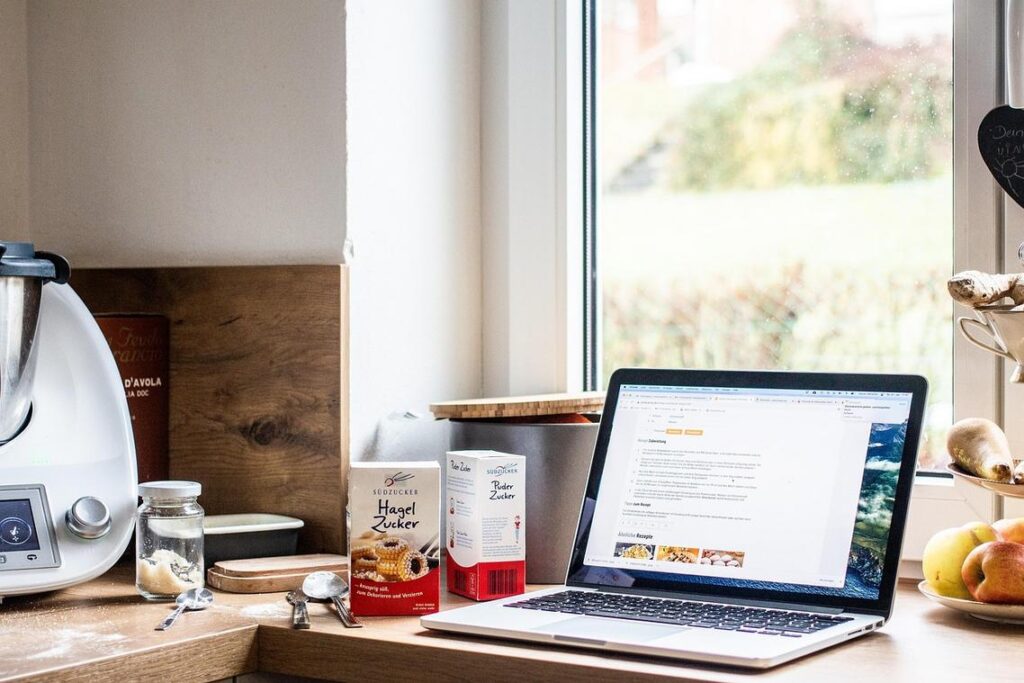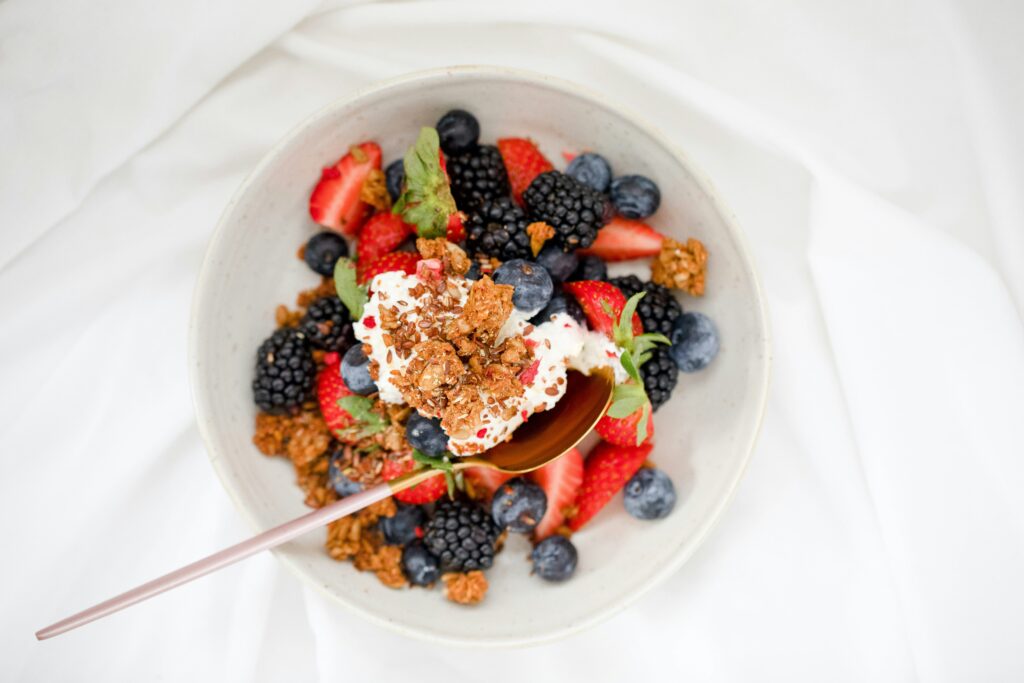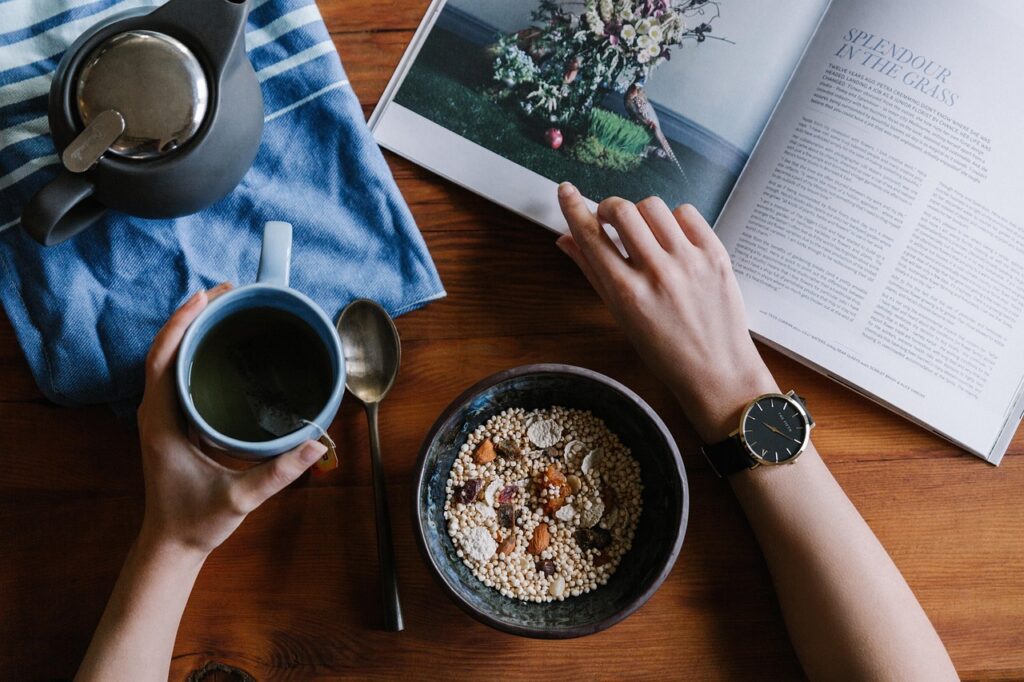I cook at home because I got tired of feeling like garbage.
You probably know something’s off. You’re eating out most days or grabbing whatever’s quick. And you feel it. The energy crashes, the brain fog, the weight that won’t budge.
Here’s the truth: when you hand over your meals to restaurants and food companies, you’re handing over control of how you feel.
The benefit of cooking at home fhthopefood goes way beyond counting calories or saving money. It changes everything about how your body works.
I’m going to show you why home cooking is the most powerful thing you can do for your health right now. Not just your weight. Your energy, your mood, your sleep, all of it.
This isn’t about becoming a chef or spending hours in the kitchen. It’s about taking back control.
We’ll cover the real health advantages that most people don’t talk about. The ones that show up in how you feel every single day.
You don’t need fancy skills or expensive equipment. You just need to start.
The Power of the Plate: Gaining Absolute Control Over Your Nutrition
You know that scene in Ratatouille where Remy insists on using the right ingredients?
That’s not just movie magic.
When you cook at home, you get to be that picky. You choose what goes into your body. Every single thing.
I’m talking about fresh vegetables that still have dirt on them. Meat that wasn’t raised on antibiotics. Oils that don’t come from a chemistry lab.
Now, some people say eating out is fine if you just order the healthy options. They’ll tell you that restaurants care about quality just as much as you do.
But walk into any commercial kitchen and you’ll see what I see. Ingredients chosen for shelf life, not nutrition. Oils picked because they’re cheap. Additives you can’t even pronounce.
The benefit of cooking at home fhthopefood gives you something restaurants never will. Complete transparency.
You want 30 grams of protein with your lunch? You can measure it. Need to cut carbs after 6pm? Easy. Trying to hit your iron intake because you’re always tired? You can load up on spinach and lean beef without guessing.
This matters more than most people think.
Restaurant meals hide sugar in everything. Your “healthy” salad dressing? Probably has more sugar than a candy bar. That grilled chicken? Coated in sodium you didn’t ask for.
I’ve seen people work out five days a week and wonder why they’re not losing weight. Then we look at their takeout habit and it all makes sense.
Portion sizes are another problem. We’ve been trained to think a dinner plate should overflow. That’s not normal. That’s marketing.
When you serve yourself at home, you control what normal looks like.
Beyond the Body: The Mental and Emotional Benefits of Cooking
You know that feeling when your brain won’t stop spinning?
I used to think the only way to deal with stress was to zone out in front of a screen. Maybe scroll through my phone until my eyes hurt.
Then I started cooking.
Not because I wanted to be some fancy chef. I just needed to eat and figured I might as well try making something decent.
What happened surprised me.
When you’re chopping onions or stirring a sauce, your mind has to focus on what’s right in front of you. The smell of garlic hitting hot oil. The sound of vegetables sizzling. The way dough feels when you knead it.
It’s meditation without having to sit still.
Some people say cooking is just another chore. They argue it’s faster to grab takeout and spend your time doing something you actually enjoy.
Fair point. But here’s what they’re missing.
That “chore” might be exactly what your mental health needs. Research from the Journal of Positive Psychology found that people who engage in creative activities like cooking report feeling more relaxed and happier the next day.
And there’s something else.
Every time you pull off a new recipe, you prove to yourself that you can learn. You can create. That confidence spills over into other parts of your life (trust me on this one).
Plus, the benefit of cooking at home goes beyond what’s on your plate. When you cook for others, you’re building connections. Sharing a meal you made creates memories that ordering in just can’t match.
You start paying attention to where your food comes from. What’s actually in it. How it makes you feel.
That’s not just cooking. That’s taking care of yourself in a way that actually sticks.
Unlocking Your Physical Potential: Long-Term Health Advantages

You know what drives me crazy?
When people act like getting healthy is some mystery. Like you need a PhD in nutrition just to feel good in your own body.
The truth is simpler than that.
Your gut knows when you’re feeding it garbage. You feel it. The bloating after takeout. The energy crash an hour after eating. The way your stomach just feels off most days.
I see this all the time. People spend hundreds on probiotics and supplements while they’re still eating processed food at every meal. It doesn’t make sense.
Here’s what actually works.
When you cook at home with real ingredients, you’re feeding your gut what it needs. Fiber from vegetables and whole grains. Nutrients that aren’t stripped away in some factory. Your digestive system responds. Things start working the way they should.
And your immune system? It’s connected to everything you eat.
The food trends fhthopefood covers show this clearly. People who ditch inflammatory processed ingredients get sick less often. Their bodies can actually fight off what comes their way instead of being constantly run down.
Weight management becomes easier too. Not because you’re starving yourself. Because you know exactly what’s going into your food. No hidden sugars. No mystery oils. Just real portions of real food.
The benefit of cooking at home fhthopefood emphasizes most? Control.
If you’re managing diabetes, you need to know your carb count. Heart disease means watching sodium and saturated fats. Food allergies require reading every single label (which gets old fast).
When you cook, you control all of it:
- Every ingredient that touches your plate
- The exact amount of salt or sugar
- What oils you use and how much
That control matters. It’s the difference between managing a chronic condition and letting it manage you.
Your body wants to work right. Sometimes you just need to stop getting in its way.
From Kitchen-Curious to Confident Cook: Making It a Sustainable Habit
You want to cook more at home. You really do.
But after a long day, ordering takeout just feels easier.
I’ve been there. Standing in my kitchen at 7 PM, staring at empty counters and wondering why I even bothered buying groceries.
Here’s what changed everything for me.
Sunday became my secret weapon. I spend about an hour planning what I’ll eat that week. Not fancy stuff. Just real meals I actually want to eat. Then I prep what I can: chop onions, wash greens, cook a batch of rice.
When Wednesday rolls around and I’m exhausted? I’m not starting from scratch.
Your pantry matters more than you think. Stock it once and you’re halfway to any meal. I keep olive oil, soy sauce, canned tomatoes, dried pasta, and a few spices on hand. Add some garlic and you’ve got the base for dozens of meals.
(You don’t need a Pinterest-perfect pantry. Just the basics.)
The benefit of cooking at home fhthopefood goes beyond saving money. You know exactly what you’re eating. No mystery ingredients or sodium overload.
Pro tip: Master three simple techniques and you’ll never feel lost in the kitchen. Roasting vegetables brings out their sweetness. Steaming keeps things light. Stir-frying gets dinner on the table in fifteen minutes.
Start with two meals a week. That’s it.
Cook Tuesday and Thursday. Order out the rest. As you get comfortable, add another night. Before you know it, cooking feels normal instead of overwhelming.
The goal isn’t perfection. It’s progress. And maybe some trending food fhthopefood inspiration when you’re ready to try something new.
Your Kitchen: The Ultimate Wellness Tool
You know what’s holding you back from feeling your best?
It’s the convenience trap. Those quick meals and processed foods that promise to save time but steal your health instead.
I get it. You’re busy and cooking feels like one more thing on an endless list.
But here’s what I’ve learned: your kitchen is the most powerful wellness tool you own. When you cook at home, you control everything that goes into your body.
We’ve covered how cooking at home fhthopefood transforms your physical health, sharpens your mental state, and brings people together. The evidence is clear.
The difference between feeling okay and feeling great often comes down to what you’re eating. And you can’t control that when someone else is preparing your food.
This week, I want you to try something simple. Pick one recipe that sounds good to you. It doesn’t need to be fancy or complicated.
Cook it yourself. Take your time with it. Notice how you feel during the process and after you eat.
That’s your first step toward taking back control of your wellness.
Your kitchen is waiting.



